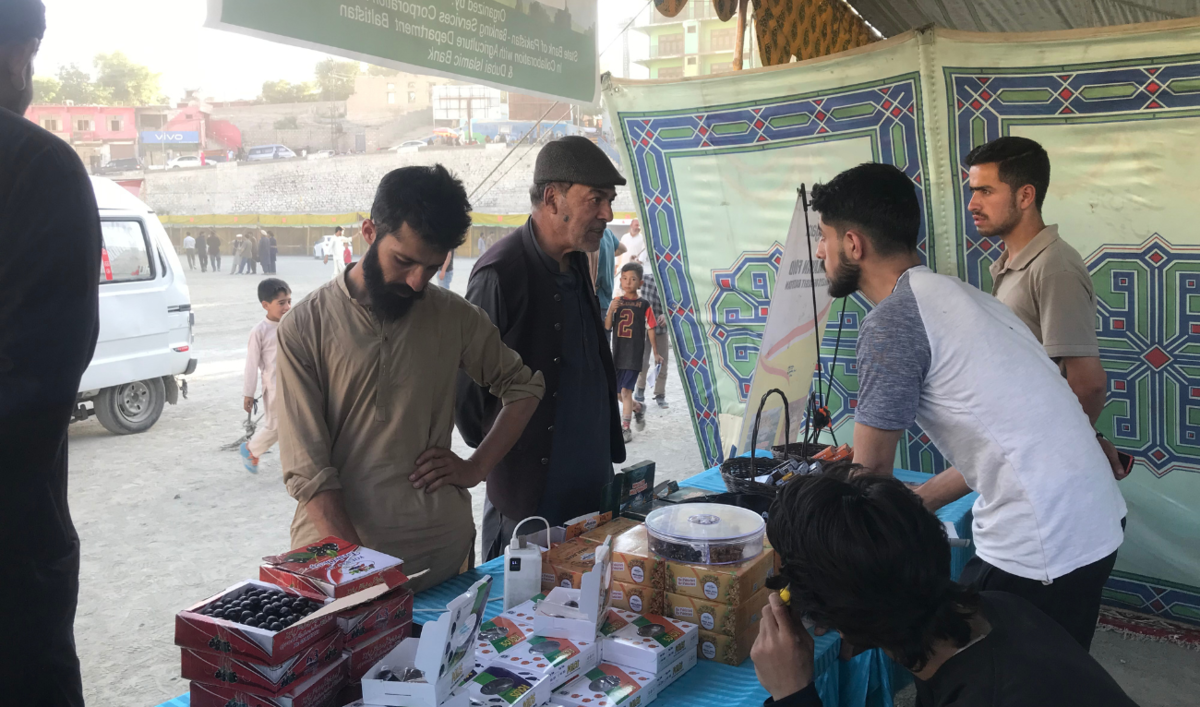ISLAMABAD/KARACHI: Pakistan’s energy minister said on Tuesday the country could face intermittent power cuts in the next 48 hours as nuclear and coal plants would become fully functional by Thursday after a malfunction in the national grid a day earlier left millions without power.
A power failure struck Pakistan on Monday morning after, as part of an energy saving move, electricity was turned off across the country during low usage hours overnight to conserve fuel but technicians were unable to boot up the system all at once after daybreak. The breakdown hit the entire country, from the financial capital of Karachi in the south to Peshawar city in the north.
Addressing a press conference on Tuesday morning, Energy Minister Khurram Dastgir Khan said electricity had been “fully restored” at all 1,112 grid stations across Pakistan but there could be more outages in the next 48 hours as authorities worked to turn on all power plants to full capacity.
“Limited load management will be carried out in the next 48 hours [in different cities] while industry will remain fully exempt from it,” the minister said, explaining that nuclear and coal power plants would require another 72 and 48 hours respectively to be fully functional.
Electricity supply had fully resumed at 0625 hours on Tuesday at all nine electricity distribution companies, with a generation of 9,704 megawatts, he added, and Pakistan had enough furnace oil to run its power plants as per demand.
“If there is power outage in any area from now on, it will be due to routine loadshedding,” he said, referring to scheduled outages Pakistan uses to conserve energy.
Khan said Islamabad’s supply of around 1,100 megawatts to K-electric, the main distribution company in Pakistan’s commercial capital of Karachi, would be fully restored soon.
A three-member committee had also been constituted, he said, to determine the source of the fault that led to the nationwide breakdown, including if there was “external interference or hacking”:
“We are making sure that no such incident happens again ever by ensuring safety and protection measures in our system.”
While Pakistan has enough installed capacity to meet its demand, the South Asian country lacks adequate resources to run its oil- and gas-powered plants. The energy sector is also heavily in debt and cannot afford to invest in new infrastructure and power lines, which often result in transmission losses.
This was the second nationwide blackout in three months due to a frequency failure in a perennially troubled national grid, raising questions about infrastructural weakness and the urgent need for upgrades. Another massive blackout took place in January 2021 and was attributed at the time to a technical fault in the country’s power generation and distribution system.
“We learned lessons from yesterday that we need to invest in the distribution system,” Khan said. “There hasn’t been any investment in improving these systems from the previous government.”
Imran Rana, a K-Electric spokesperson, said electricity supply to Karachi had improved after the restoration of the connection between the metropolis and the national grid.
“All K-Electric are currently active and the restoration of power on local level is also underway,” Rana said on Twitter. “However, limited load management can be carried out in the city to keep the system stable.”
Afshan Muddasir, a spokesperson for the Lahore Electric Supply Company (LESCO) which supplies to Lahore and other major cities in Pakistan’s most populous province of Punjab, said electricity was fully restored in Lahore by 1am on Tuesday.
“But we are doing load management as it takes some time to supply power in full capacity after a complete breakdown,” Muddasir told Arab News.
Lahore was currently getting half of its demand of 3,000 megawatts, she said:
“In such a situation, we will do load management at least for 48 hours till there is full capacity.”
Pakistan’s prime minister also apologized to the nation for the power outage that disrupted normal life across the country.
“On behalf of my government, I would like to express my sincere regrets for the inconvenience our citizens suffered due to power outage yesterday," PM Shehbaz Sharif tweeted.
“On my orders an inquiry is underway to determine reasons of the power failure," he said adding that the probe will uncover who was responsible.
















